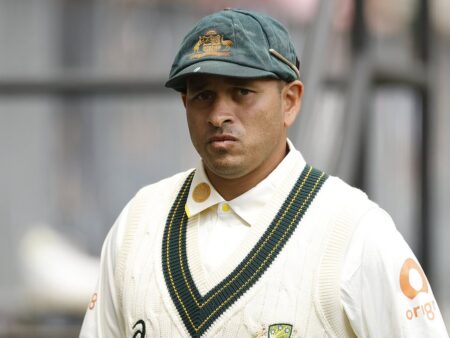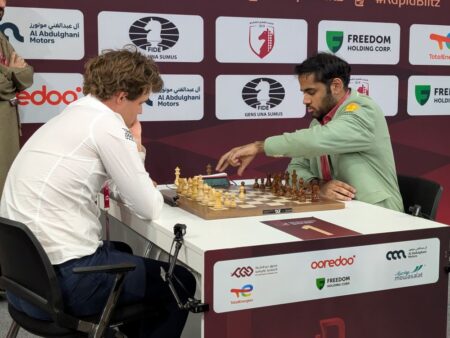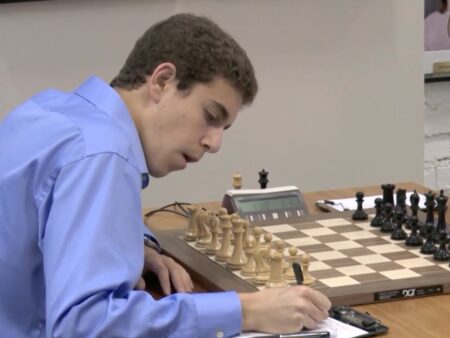Reaching the semi-finals or finals of major cricket tournaments is a significant achievement. However, repeated setbacks at the final stages can create a mental barrier. India’s recent T20 World Cup victory in 2024 ended a title drought since 2013, during which they frequently reached but failed to win finals. New Zealand experienced a similar breakthrough with their World Test Championship win, their first major title since 2000.
Despite this Test victory, New Zealand hasn’t won a white-ball ICC trophy in 25 years. They’ve reached five finals in this format, including the recent one in Dubai, but haven’t been able to secure a win. Captain Mitchell Santner acknowledges these statistics but remains positive, emphasizing the team’s need to overcome this hurdle.
Santner admitted the repeated final losses are mounting but expressed pride in the team’s fighting spirit, particularly in fielding. He acknowledged the bittersweet feeling of reaching another final and losing, unsure of future opportunities. He highlighted the team’s strong performance leading up to the final and their belief in winning, ultimately recognizing they were defeated by a strong opponent.
This defeat marked New Zealand’s second consecutive loss to India in ICC knockouts, following the 2023 ODI World Cup semi-final. Historically, New Zealand had an edge in ICC knockouts against India. However, a pattern of underperforming in major finals persists for New Zealand. They were defeated in the 2009 Champions Trophy and 2015 ODI World Cup finals by Australia and narrowly lost the 2019 ODI World Cup final in a Super Over against England.
The 2021 T20 World Cup final was another missed opportunity as Australia again defeated them in Dubai. This venue became unlucky again as New Zealand lost another ICC final to India. Santner couldn’t pinpoint the missing element for his team.
Santner noted the recurring challenge of facing India in major games. He emphasized treating the final like any other tournament game, adapting to different conditions from the semi-final. He believed they delivered a good performance, taking the game deep, but acknowledged crucial moments that could have changed the outcome. He reiterated pride in the team’s persistent fighting spirit.
Unlike past UAE tournaments, dew wasn’t a factor in this Champions Trophy, influencing Santner’s decision to bat first after winning the toss, a contrast to their league match against India. Despite a better batting surface in the final, Santner stood by the toss decision.
Santner observed slight turn in the second innings and a consistent pitch overall. Referencing their semi-final strategy of defending a total, they aimed to apply pressure. However, early wickets after the powerplay made scoring difficult. Santner felt they fell short by about 25 runs, which could have altered the game.
New Zealand’s strong powerplay start, achieving 69 runs, suggested a higher score was possible. However, Indian spinners controlled the middle overs, significantly slowing the run rate. Michael Bracewell’s late effort helped reach 250. Santner identified the middle-overs batting slump as a critical factor.
Santner praised their aggressive batting intent at the start, recognizing the powerplay as the prime scoring opportunity. He credited Indian spinners for regaining control and creating pressure in the middle overs. He estimated they initially aimed for 275-280 but the pressure restricted them, with Bracewell’s contribution lifting them to 250, a potentially insufficient total.
Matt Henry’s absence due to injury was a significant setback. His proven record against India’s top order, including the 2019 World Cup semi-final, was missed. Santner acknowledged Henry’s crucial absence, especially in a major game, and the team’s desire to perform for him.
Santner also commended Rohit Sharma’s match-winning innings. Despite inconsistent scores prior to the final, Rohit’s aggressive approach was decisive. Santner noted Rohit’s fear-inducing batting style and effective partnership with Shubman Gill. He highlighted Rohit’s ability to quickly put pressure on bowlers, even with occasional failures, which proved game-changing in the final.
Despite Rohit’s aggressive start and a century opening partnership, New Zealand briefly threatened a comeback after India slipped to 122/3 from 105-0. Kiwi spinners, led by Santner and Bracewell, caused this shift. Santner mentioned their strategy during the drinks break focused on exploiting the pressure on new batsmen on a challenging wicket, aiming for wickets and creating game-changing moments. He acknowledged a period of pressure and wicket-taking, but recognized Rohit’s impactful innings of 70-80 runs on that pitch.










